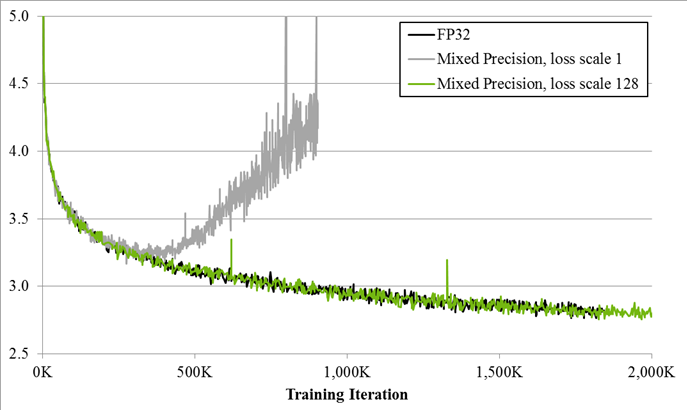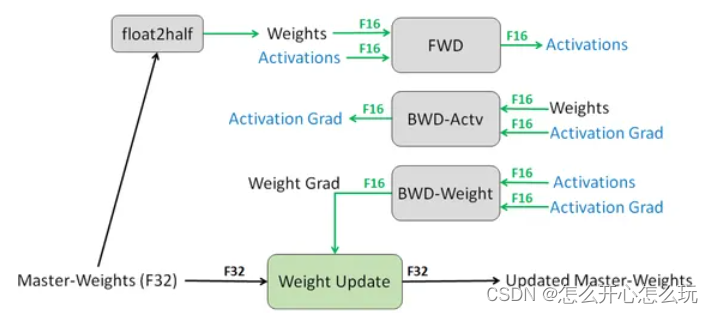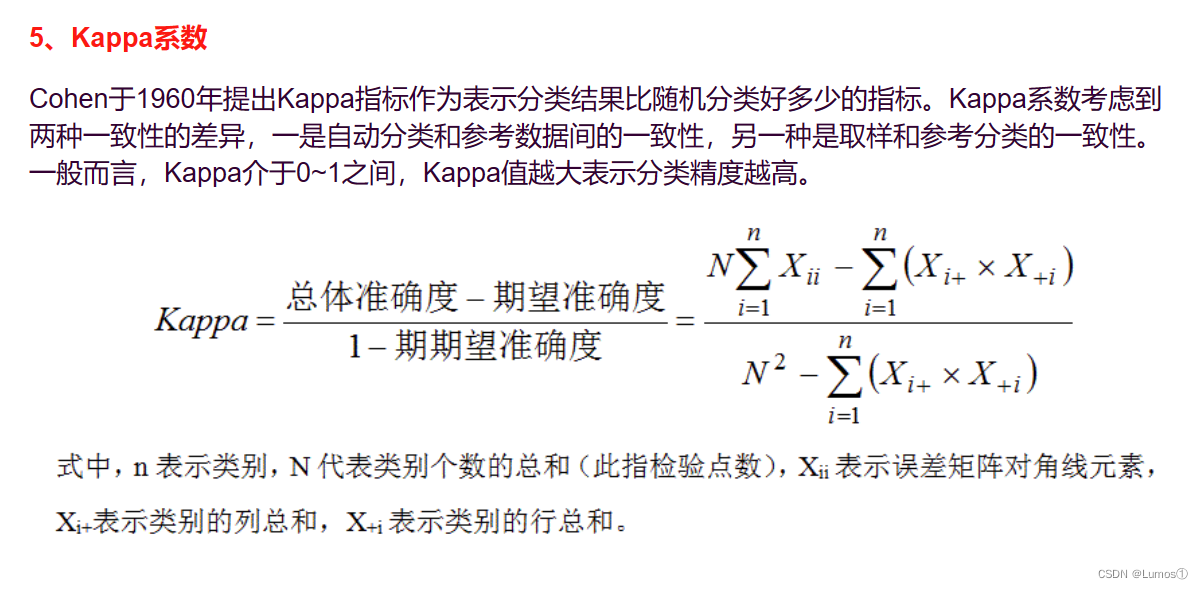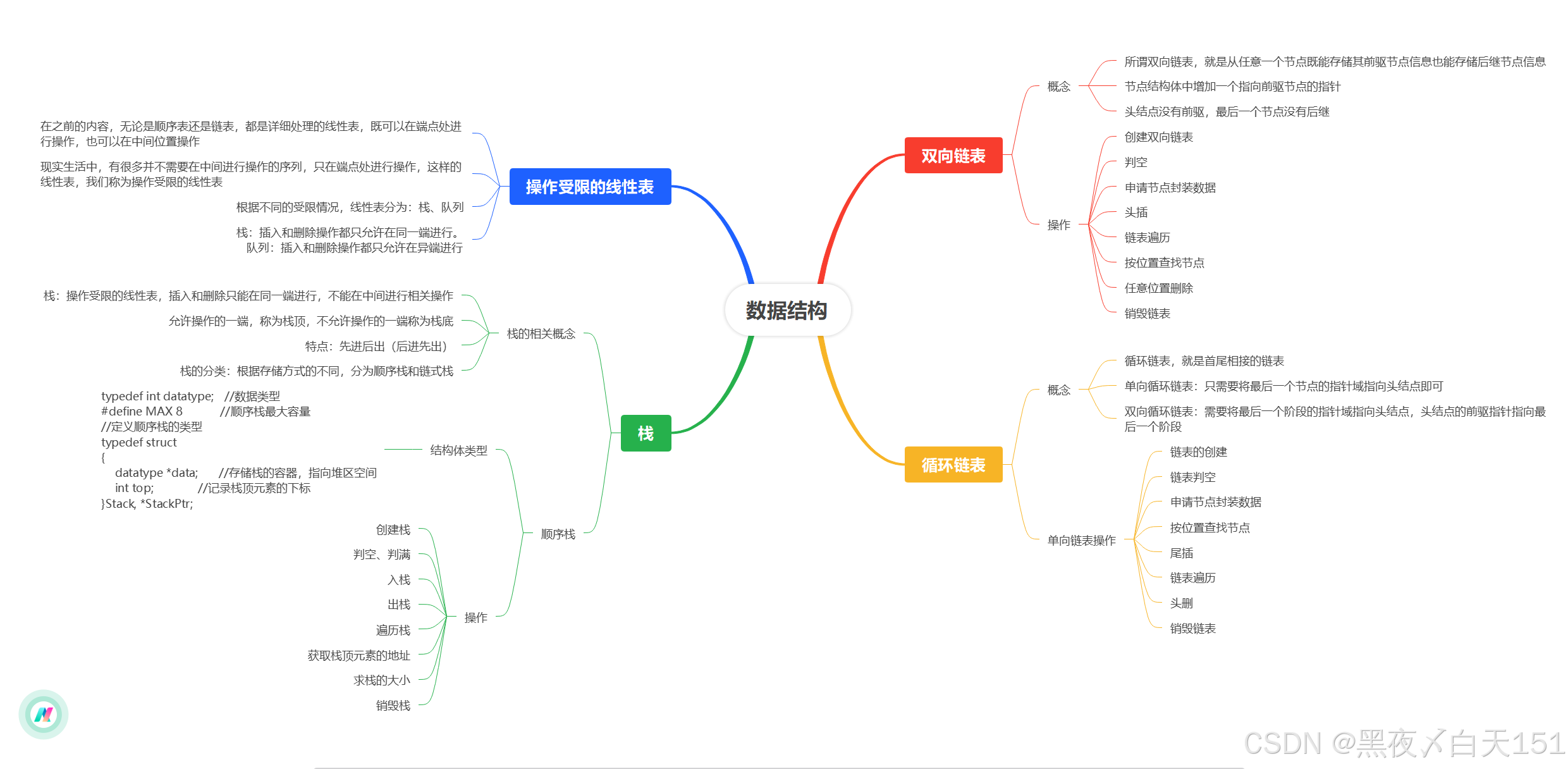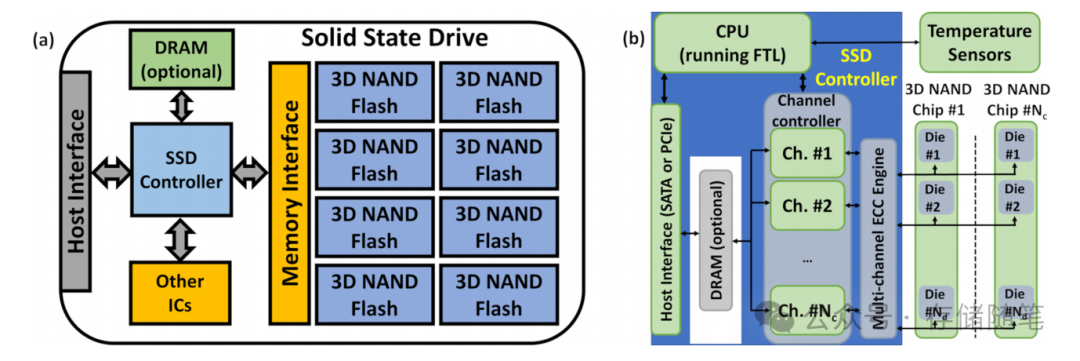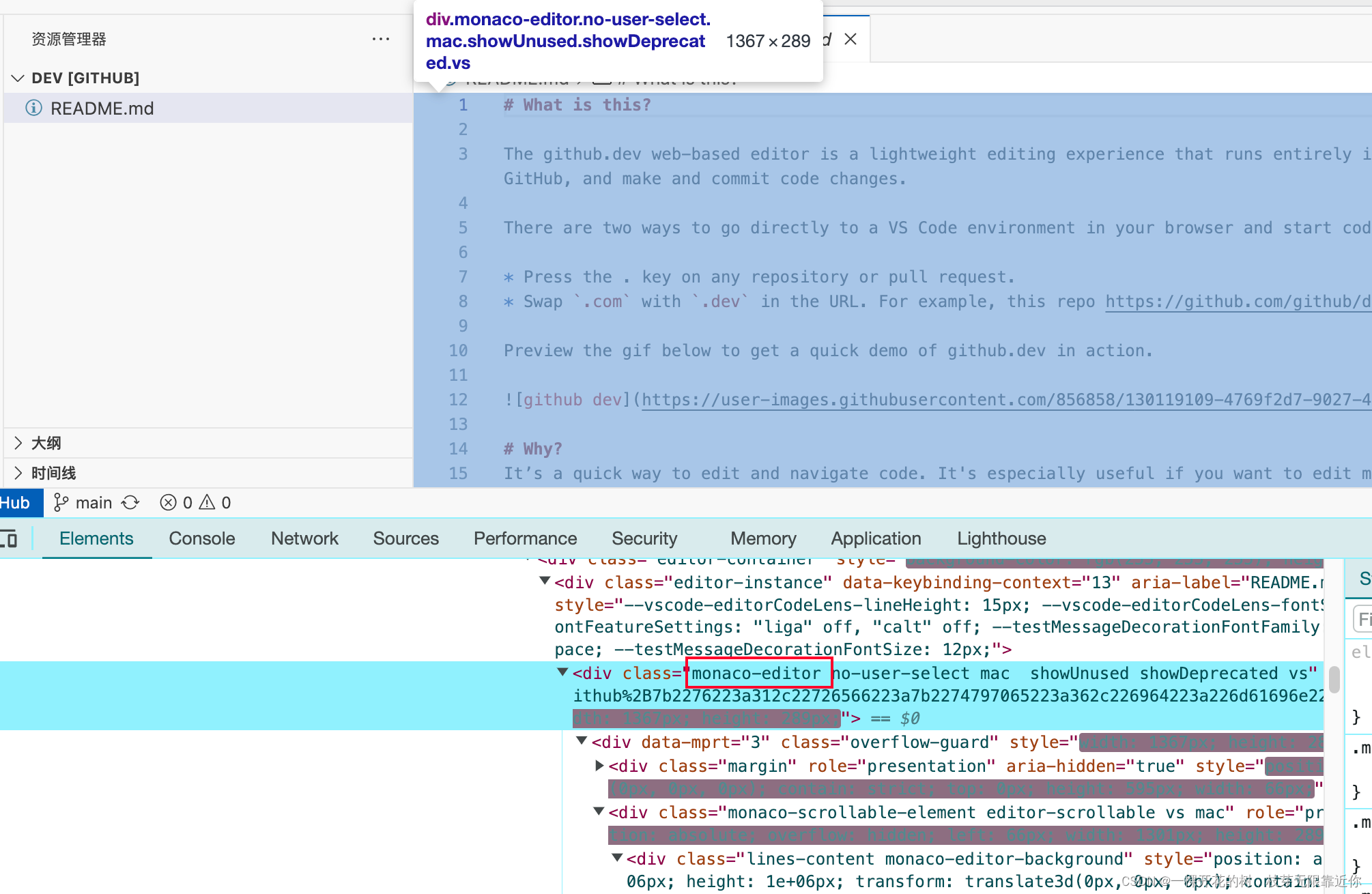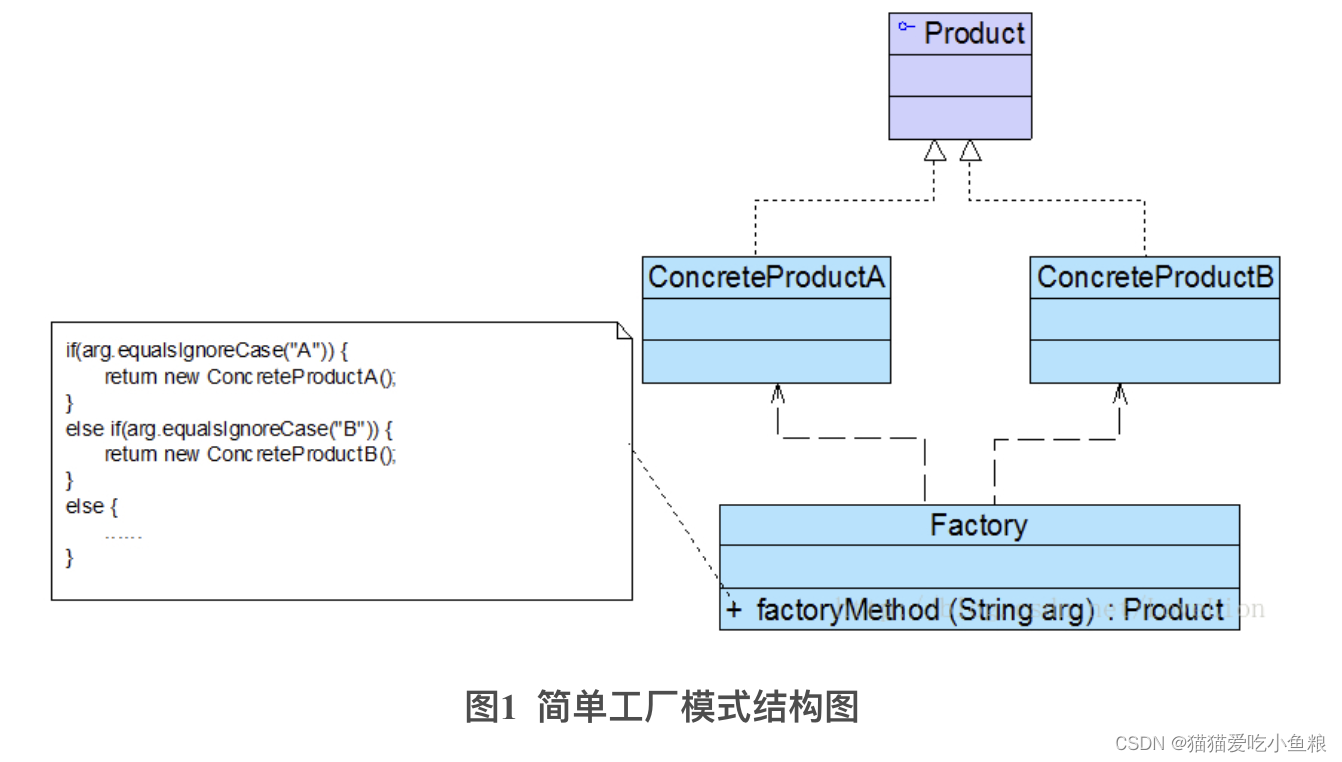mmcv/runner/fp16_utils.py
- cast_tensor_type
将tensor由src_type转到dst_type(只对类型==src_type的tensor做转换)
def cast_tensor_type(inputs, src_type: torch.dtype, dst_type: torch.dtype):
"""Recursively convert Tensor in inputs from src_type to dst_type.
Note:
In v1.4.4 and later, ``cast_tersor_type`` will only convert the
torch.Tensor which is consistent with ``src_type`` to the ``dst_type``.
Before v1.4.4, it ignores the ``src_type`` argument, leading to some
potential problems. For example,
``cast_tensor_type(inputs, torch.float, torch.half)`` will convert all
tensors in inputs to ``torch.half`` including those originally in
``torch.Int`` or other types, which is not expected.
Args:
inputs: Inputs that to be casted.
src_type (torch.dtype): Source type..
dst_type (torch.dtype): Destination type.
Returns:
The same type with inputs, but all contained Tensors have been cast.
"""
if isinstance(inputs, nn.Module):
return inputs
elif isinstance(inputs, torch.Tensor):
# we need to ensure that the type of inputs to be casted are the same
# as the argument `src_type`.
return inputs.to(dst_type) if inputs.dtype == src_type else inputs
elif isinstance(inputs, str):
return inputs
elif isinstance(inputs, np.ndarray):
return inputs
elif isinstance(inputs, abc.Mapping):
return type(inputs)({ # type: ignore
k: cast_tensor_type(v, src_type, dst_type)
for k, v in inputs.items()
})
elif isinstance(inputs, abc.Iterable):
return type(inputs)( # type: ignore
cast_tensor_type(item, src_type, dst_type) for item in inputs)
else:
return inputs
- auto_fp16
在nn.Moudule的forward通过装饰器的方式进行调用,默认将forward的输入&输出,由torch.float类型,转为torch.half类型
1、nn.Moudule的fp16_enabled属性,全局控制是否进行fp16的转换;2、apply_to参数,控制哪些forward参数进行fp16的转换;3、out_fp32控制,是否对输出转为fp32,默认不转
def auto_fp16(
apply_to: Optional[Iterable] = None,
out_fp32: bool = False,
supported_types: tuple = (nn.Module, ),
) -> Callable:
"""Decorator to enable fp16 training automatically.
This decorator is useful when you write custom modules and want to support
mixed precision training. If inputs arguments are fp32 tensors, they will
be converted to fp16 automatically. Arguments other than fp32 tensors are
ignored. If you are using PyTorch >= 1.6, torch.cuda.amp is used as the
backend, otherwise, original mmcv implementation will be adopted.
Args:
apply_to (Iterable, optional): The argument names to be converted.
`None` indicates all arguments.
out_fp32 (bool): Whether to convert the output back to fp32.
supported_types (tuple): Classes can be decorated by ``auto_fp16``.
`New in version 1.5.0.`
Example:
>>> import torch.nn as nn
>>> class MyModule1(nn.Module):
>>>
>>> # Convert x and y to fp16
>>> @auto_fp16()
>>> def forward(self, x, y):
>>> pass
>>> import torch.nn as nn
>>> class MyModule2(nn.Module):
>>>
>>> # convert pred to fp16
>>> @auto_fp16(apply_to=('pred', ))
>>> def do_something(self, pred, others):
>>> pass
"""
def auto_fp16_wrapper(old_func: Callable) -> Callable:
@functools.wraps(old_func)
def new_func(*args, **kwargs) -> Callable:
# check if the module has set the attribute `fp16_enabled`, if not,
# just fallback to the original method.
if not isinstance(args[0], supported_types):
raise TypeError('@auto_fp16 can only be used to decorate the '
f'method of those classes {supported_types}')
if not (hasattr(args[0], 'fp16_enabled') and args[0].fp16_enabled):
return old_func(*args, **kwargs)
# get the arg spec of the decorated method
args_info = getfullargspec(old_func)
# get the argument names to be casted
args_to_cast = args_info.args if apply_to is None else apply_to
# convert the args that need to be processed
new_args = []
# NOTE: default args are not taken into consideration
if args:
arg_names = args_info.args[:len(args)]
for i, arg_name in enumerate(arg_names):
if arg_name in args_to_cast:
new_args.append(
cast_tensor_type(args[i], torch.float, torch.half))
else:
new_args.append(args[i])
# convert the kwargs that need to be processed
new_kwargs = {}
if kwargs:
for arg_name, arg_value in kwargs.items():
if arg_name in args_to_cast:
new_kwargs[arg_name] = cast_tensor_type(
arg_value, torch.float, torch.half)
else:
new_kwargs[arg_name] = arg_value
# apply converted arguments to the decorated method
if (TORCH_VERSION != 'parrots' and
digit_version(TORCH_VERSION) >= digit_version('1.6.0')):
with autocast(enabled=True):
output = old_func(*new_args, **new_kwargs)
else:
output = old_func(*new_args, **new_kwargs)
# cast the results back to fp32 if necessary
if out_fp32:
output = cast_tensor_type(output, torch.half, torch.float)
return output
return new_func
return auto_fp16_wrapper
- force_fp32
强制将nn.Module的输入&输出参数由torch.half转为torch.float
1、如果fp16_enabled没有,或者没开,不做任何操作;2、apply_to控制哪些参数需要转为fp32;3、out_fp16,控制是否将输出转为fp16,默认不转。(逻辑基本和auto_fp16反着来)
def force_fp32(apply_to: Optional[Iterable] = None,
out_fp16: bool = False) -> Callable:
"""Decorator to convert input arguments to fp32 in force.
This decorator is useful when you write custom modules and want to support
mixed precision training. If there are some inputs that must be processed
in fp32 mode, then this decorator can handle it. If inputs arguments are
fp16 tensors, they will be converted to fp32 automatically. Arguments other
than fp16 tensors are ignored. If you are using PyTorch >= 1.6,
torch.cuda.amp is used as the backend, otherwise, original mmcv
implementation will be adopted.
Args:
apply_to (Iterable, optional): The argument names to be converted.
`None` indicates all arguments.
out_fp16 (bool): Whether to convert the output back to fp16.
Example:
>>> import torch.nn as nn
>>> class MyModule1(nn.Module):
>>>
>>> # Convert x and y to fp32
>>> @force_fp32()
>>> def loss(self, x, y):
>>> pass
>>> import torch.nn as nn
>>> class MyModule2(nn.Module):
>>>
>>> # convert pred to fp32
>>> @force_fp32(apply_to=('pred', ))
>>> def post_process(self, pred, others):
>>> pass
"""
def force_fp32_wrapper(old_func):
@functools.wraps(old_func)
def new_func(*args, **kwargs) -> Callable:
# check if the module has set the attribute `fp16_enabled`, if not,
# just fallback to the original method.
if not isinstance(args[0], torch.nn.Module):
raise TypeError('@force_fp32 can only be used to decorate the '
'method of nn.Module')
if not (hasattr(args[0], 'fp16_enabled') and args[0].fp16_enabled):
return old_func(*args, **kwargs)
# get the arg spec of the decorated method
args_info = getfullargspec(old_func)
# get the argument names to be casted
args_to_cast = args_info.args if apply_to is None else apply_to
# convert the args that need to be processed
new_args = []
if args:
arg_names = args_info.args[:len(args)]
for i, arg_name in enumerate(arg_names):
if arg_name in args_to_cast:
new_args.append(
cast_tensor_type(args[i], torch.half, torch.float))
else:
new_args.append(args[i])
# convert the kwargs that need to be processed
new_kwargs = dict()
if kwargs:
for arg_name, arg_value in kwargs.items():
if arg_name in args_to_cast:
new_kwargs[arg_name] = cast_tensor_type(
arg_value, torch.half, torch.float)
else:
new_kwargs[arg_name] = arg_value
# apply converted arguments to the decorated method
if (TORCH_VERSION != 'parrots' and
digit_version(TORCH_VERSION) >= digit_version('1.6.0')):
with autocast(enabled=False):
output = old_func(*new_args, **new_kwargs)
else:
output = old_func(*new_args, **new_kwargs)
# cast the results back to fp32 if necessary
if out_fp16:
output = cast_tensor_type(output, torch.float, torch.half)
return output
return new_func
return force_fp32_wrapper
- wrap_fp16_model
将model.modules()的fp16_enabled属性设置为True(如果存在的话);当torch版本<1.6.0时,额外进行操作:1、model.half();2、patch_norm_fp32(model),将normalization(BN,GN)layers设置为fp32。
def wrap_fp16_model(model: nn.Module) -> None:
"""Wrap the FP32 model to FP16.
If you are using PyTorch >= 1.6, torch.cuda.amp is used as the
backend, otherwise, original mmcv implementation will be adopted.
For PyTorch >= 1.6, this function will
1. Set fp16 flag inside the model to True.
Otherwise:
1. Convert FP32 model to FP16.
2. Remain some necessary layers to be FP32, e.g., normalization layers.
3. Set `fp16_enabled` flag inside the model to True.
Args:
model (nn.Module): Model in FP32.
"""
if (TORCH_VERSION == 'parrots'
or digit_version(TORCH_VERSION) < digit_version('1.6.0')):
# convert model to fp16
model.half()
# patch the normalization layers to make it work in fp32 mode
patch_norm_fp32(model)
# set `fp16_enabled` flag
for m in model.modules():
if hasattr(m, 'fp16_enabled'):
m.fp16_enabled = True
- patch_norm_fp32
递归的找model中包含的norm层(BN,GN),将half转为float类型。
def patch_norm_fp32(module: nn.Module) -> nn.Module:
"""Recursively convert normalization layers from FP16 to FP32.
Args:
module (nn.Module): The modules to be converted in FP16.
Returns:
nn.Module: The converted module, the normalization layers have been
converted to FP32.
"""
if isinstance(module, (nn.modules.batchnorm._BatchNorm, nn.GroupNorm)):
module.float()
if isinstance(module, nn.GroupNorm) or torch.__version__ < '1.3':
module.forward = patch_forward_method(module.forward, torch.half,
torch.float)
for child in module.children():
patch_norm_fp32(child)
return module
注:递归要访问module.children(),而不是module.modules()。
- patch_forward_method
将model的forward的函数修饰,加入cast_tensor_type的处理(包括输入&输出)
def patch_forward_method(func: Callable,
src_type: torch.dtype,
dst_type: torch.dtype,
convert_output: bool = True) -> Callable:
"""Patch the forward method of a module.
Args:
func (callable): The original forward method.
src_type (torch.dtype): Type of input arguments to be converted from.
dst_type (torch.dtype): Type of input arguments to be converted to.
convert_output (bool): Whether to convert the output back to src_type.
Returns:
callable: The patched forward method.
"""
def new_forward(*args, **kwargs):
output = func(*cast_tensor_type(args, src_type, dst_type),
**cast_tensor_type(kwargs, src_type, dst_type))
if convert_output:
output = cast_tensor_type(output, dst_type, src_type)
return output
return new_forward




